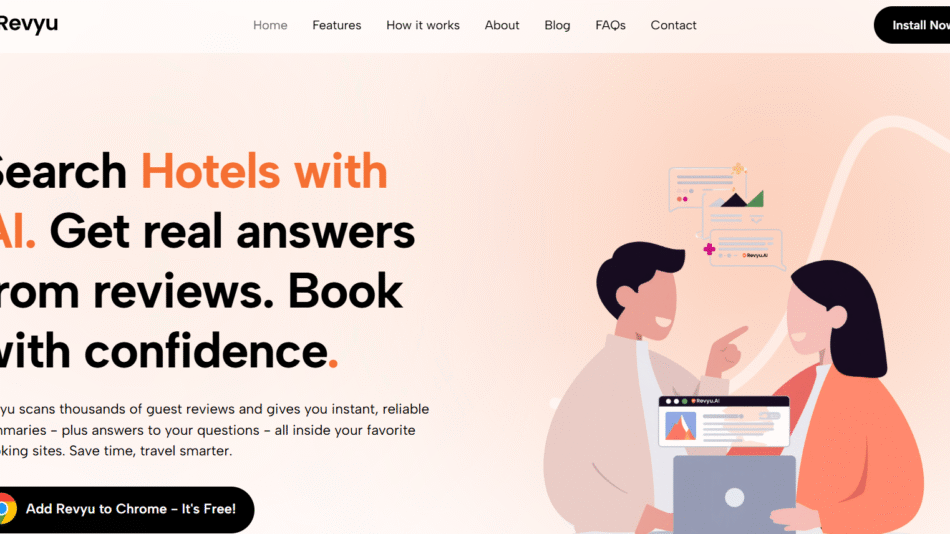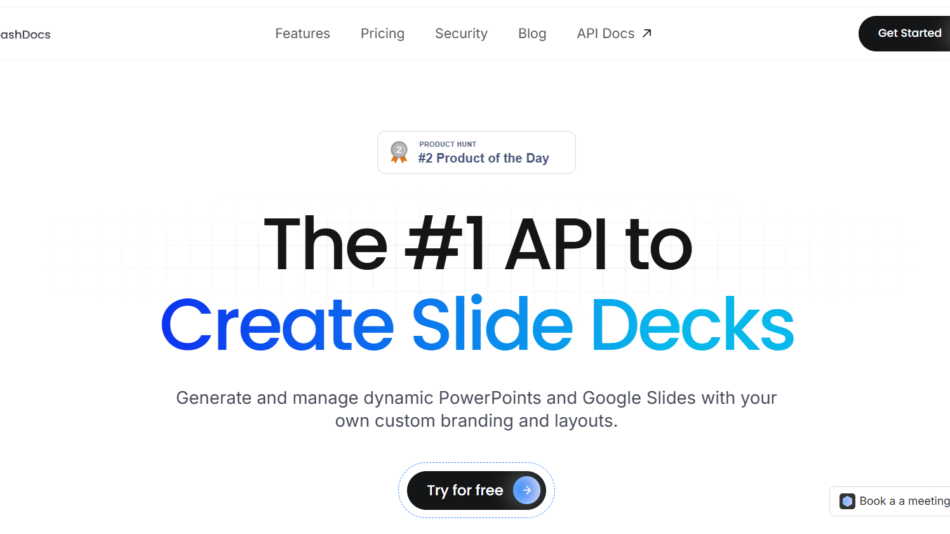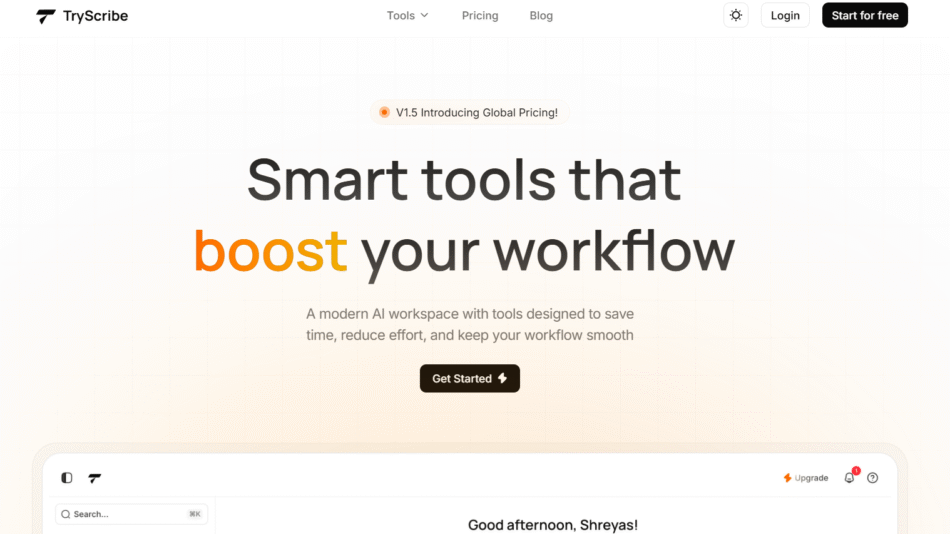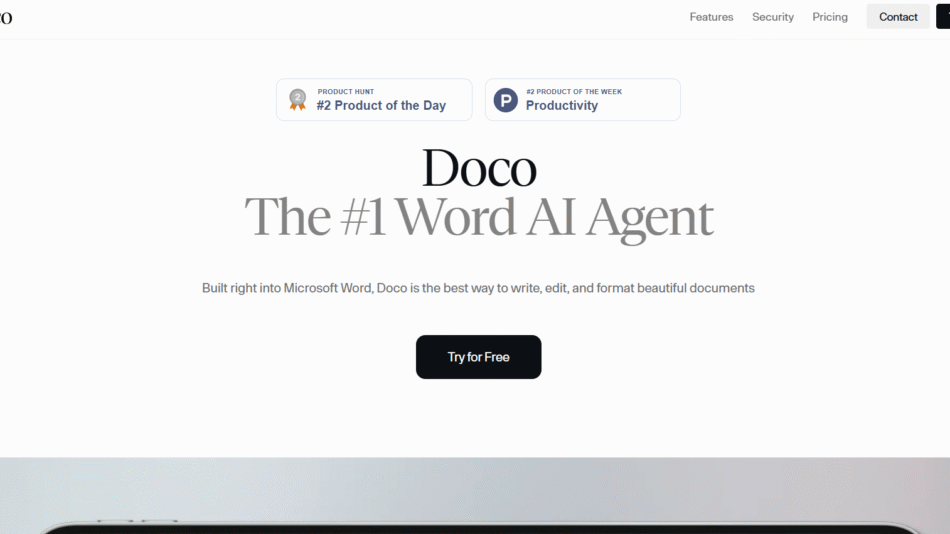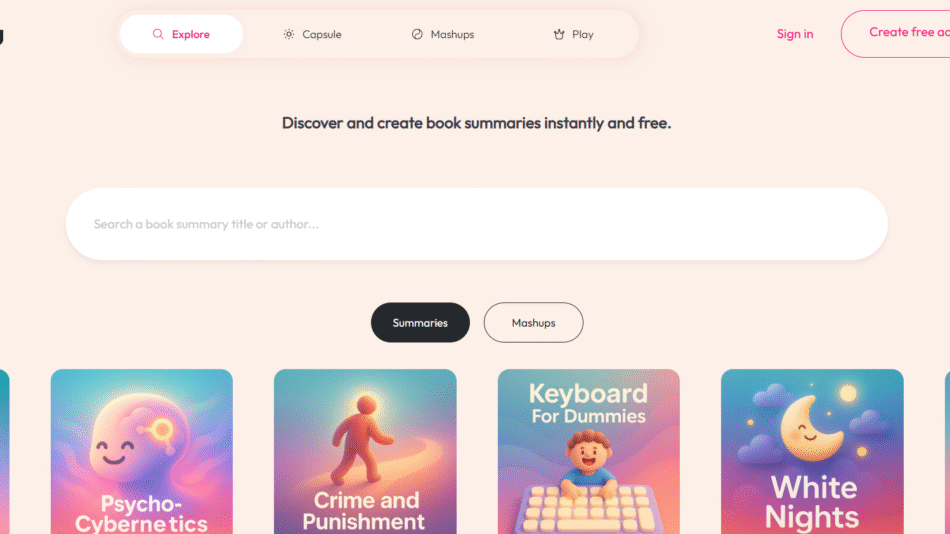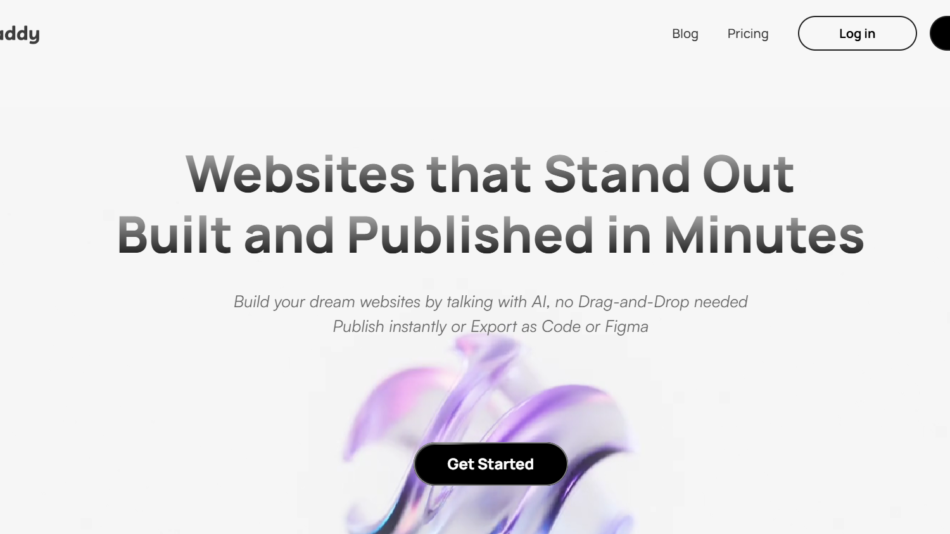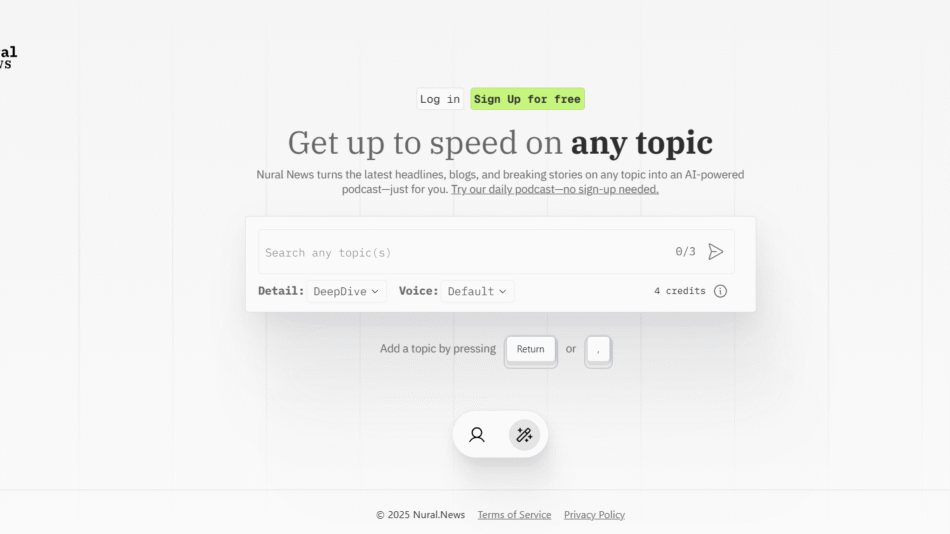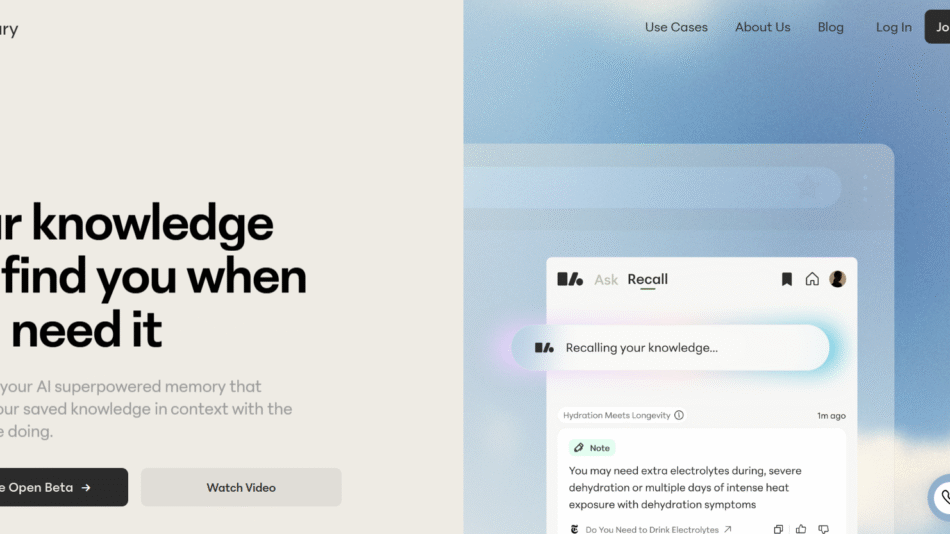Lily AI is an enterprise-grade product attribution platform that uses artificial intelligence to enrich and standardize ecommerce product data at scale. Tailored for retailers and brands, the platform transforms basic product details into rich, customer-friendly attributes that significantly improve conversion rates, search relevance, and personalization across digital channels.
With its AI engine trained on real shopper behavior and product taxonomies, Lily AI bridges the gap between how retailers describe products and how consumers search for them. The result is enhanced product discovery, reduced bounce rates, and a measurable boost in ecommerce ROI.
Features
AI-Based Attribution Engine: Automates the enrichment of product data using machine learning trained on consumer behavior.
Search Optimization: Improves site search accuracy and reduces zero-result queries with better attribute mapping.
Personalization Support: Enables better targeting in product recommendations, merchandising, and email campaigns.
Visual AI: Processes product images to identify attributes like style, silhouette, fit, and color nuance.
Taxonomy Management: Unifies and cleans product categorization across large inventories.
Attribute Analytics Dashboard: Tracks how enriched data impacts engagement and conversion.
Integrations: Connects with ecommerce platforms, PIMs, CDPs, and marketing stacks via API.
How It Works
Upload Product Data: Retailers provide product images, titles, and descriptions.
AI Enrichment: Lily AI applies computer vision and NLP to generate detailed, consumer-centric attributes.
Attribute Mapping: These attributes are aligned with the retailer’s existing taxonomy or category structure.
Integration: Enriched data is synced with platforms like Salesforce Commerce Cloud, Shopify Plus, or internal PIM systems.
Conversion Optimization: Improved data enhances search, navigation, and personalization, driving more sales.
The workflow ensures a seamless transition from unstructured product data to revenue-generating digital experiences.
Use Cases
Ecommerce Teams: Reduce friction in product discovery through enhanced search filters and attribute-based merchandising.
Marketing Teams: Use refined product attributes for personalized email campaigns and dynamic ad creative.
UX and CRO Specialists: Optimize on-site navigation and reduce bounce rates by aligning taxonomy with customer search intent.
Merchandisers: Build themed landing pages or collections based on customer-focused product traits.
Digital Transformation Leaders: Improve data hygiene across systems and accelerate AI-readiness.
Pricing
Lily AI follows an enterprise pricing model tailored to a retailer’s:
Product catalog size
Integration depth
Number of attributes needed
Data synchronization frequency
Level of onboarding and support
Pricing details are available upon request through Lily AI’s contact form. The company provides personalized demos and ROI estimates before deployment.
Strengths
Highly accurate and scalable AI for product attribution
Directly improves ecommerce KPIs like CTR, AOV, and conversion rate
Works across multiple verticals: fashion, home goods, beauty, and more
API-first architecture for seamless integration
Proven case studies with top global retailers
Drawbacks
No public pricing; may be out of budget for smaller merchants
Requires integration with existing ecommerce systems and PIMs
Primarily focused on large catalogs—less beneficial for stores with limited SKUs
Currently optimized for English-language content
Comparison with Other Tools
Lily AI vs Vue.ai
Vue.ai offers a broader suite of retail automation features. Lily AI is more focused and specialized in deep product attribution for better personalization and search.
Lily AI vs Algolia
Algolia enhances search architecture, while Lily AI improves the underlying product data. Used together, they can power more relevant and accurate search experiences.
Lily AI vs Google Vision AI
Google Vision provides generic image tagging. Lily AI is trained specifically for retail and consumer-facing attributes, making it more ecommerce-appropriate.
Customer Reviews and Testimonials
Lily AI is used by leading brands and retailers including Macy’s, Bloomingdale’s, and thredUP. Feedback from ecommerce leaders highlights the platform’s impact:
“We saw a 10–15% lift in conversion just by enriching our product attributes with Lily AI.”
“Our site search went from frustrating to fluid, and bounce rates dropped noticeably.”
“Merchandisers can now launch curated collections faster with more accurate tagging.”
These endorsements underline Lily AI’s role in improving product findability, shopper engagement, and overall ecommerce performance.
Conclusion
Lily AI is a must-have platform for retailers looking to improve the customer journey through smarter, AI-driven product attribution. From increasing site search performance to powering more relevant recommendations, Lily AI unlocks the true potential of product data—turning it into a competitive advantage.
For mid-to-large retailers seeking personalization, conversion optimization, and scale, Lily AI offers a proven path to ecommerce growth.

